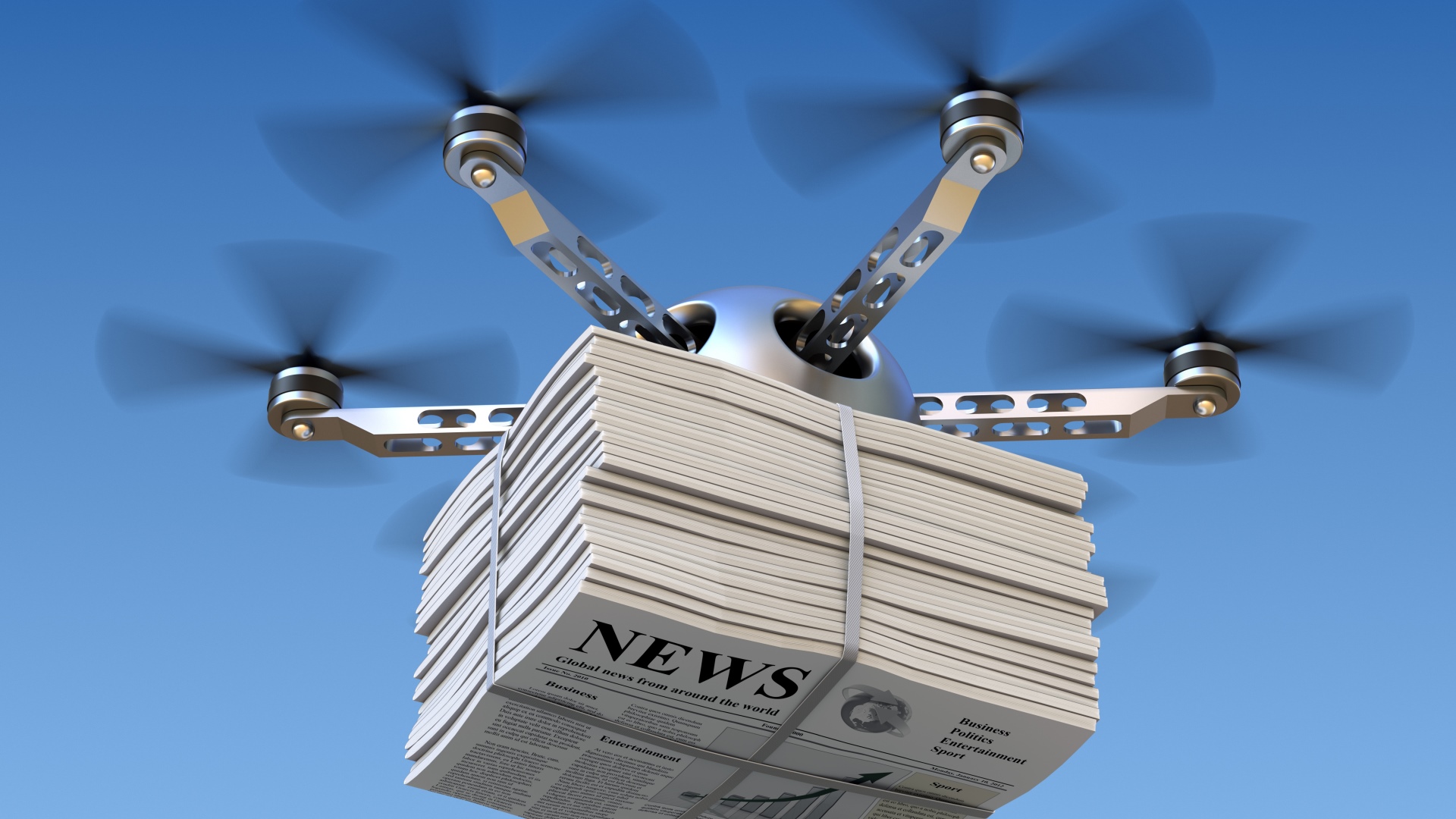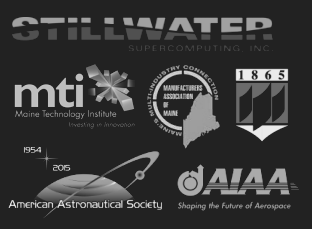Maine Aerospace Consulting, LLC (MAC) was founded in 2003 by Dr. David Rubenstein in Falmouth, Maine, to provide consulting expertise in the general areas of mathematical modeling and algorithm design for a wide range of applications, from autonomous vehicles to cell phones to robotic systems to airdrop vehicles to novel power turbines. MAC specializes in solving complex, real-world technical problems with state-of-the-art algorithmic approaches. MAC’s goal is to fully exploit skills acquired from 25 years of algorithm work in the aerospace and defense industry and apply them to solving virtually any engineering problem presented.
Technology-Based Startup Support
MAC has provided algorithm, simulation and analysis support to several high-tech startup businesses. This includes algorithms to provide optimal integration of Loran and GPS signals as well as software to control a gas turbine. MAC thrives on the excitement and challenges unique to the world of high-tech startup companies.
MAC has supported and continues to support a number of Maine state technology advancement efforts including the Maine Technology Institute (MTI) and the Maine Aerospace Alliance (MAA) administered by the Manufacturer’s Association of Maine.
Modeling and Simulation Development
MAC specializes in the derivation and development of complex mathematical models for implementation in dynamical system simulations. MAC has contributed such models for a marine-based gyro-stabilization system, algorithms and models to reconstruct the inflation and deployment phases of parachute descent trajectories, and numerous other math models to support the development of control and navigation system algorithms. Recently, MAC has developed a 6-DOF simulation of a precision medical device application, to support design and development of associated sensor fusion algorithms.
Algorithm Design
Algorithm design is a key expertise and is at the heart of many solutions that MAC provides. MAC has extensive experience with navigation and estimation algorithms, sensor fusion and control system algorithms. Recent projects in this area include digital filtering, Kalman estimation, system identification (SysID) techniques, LQR and LQG control, numerical optimization methods, and autonomous system guidance algorithms. Applications range from trajectory reconstruction of autonomous airdrop vehicles to control of turbine engines to sensor fusion for precision medical devices.
Autonomous Intelligent Systems
MAC has partnered with Stillwater Supercomputing, Inc. to form Autonomous Intelligent Systems (AIS). The goal of this partnership is to design a high-performance, integrated intelligence solution (brain) for small, low-power, unmanned aerial vehicles (UAVs) and other applications, easily customizable for specific vehicle and mission characteristics. AIS will identify and develop Guidance, Navigation and Control (GN&C) algorithms most appropriate for autonomy-enabling redesign and implementation in the Knowledge Processing Unit (KPU). The KPU is a novel, high-performance, low-power embedded parallel processor developed by Stillwater, which can deliver at least 10x better performance than most processors typically employed in UAVs. Candidate algorithms include sensor fusion (mathematical blending of independent sensor measurements) algorithms, real-time trajectory generation methods, vision-integrated navigation and obstacle avoidance techniques, areas that have traditionally been bound by on-board processing limitations.

